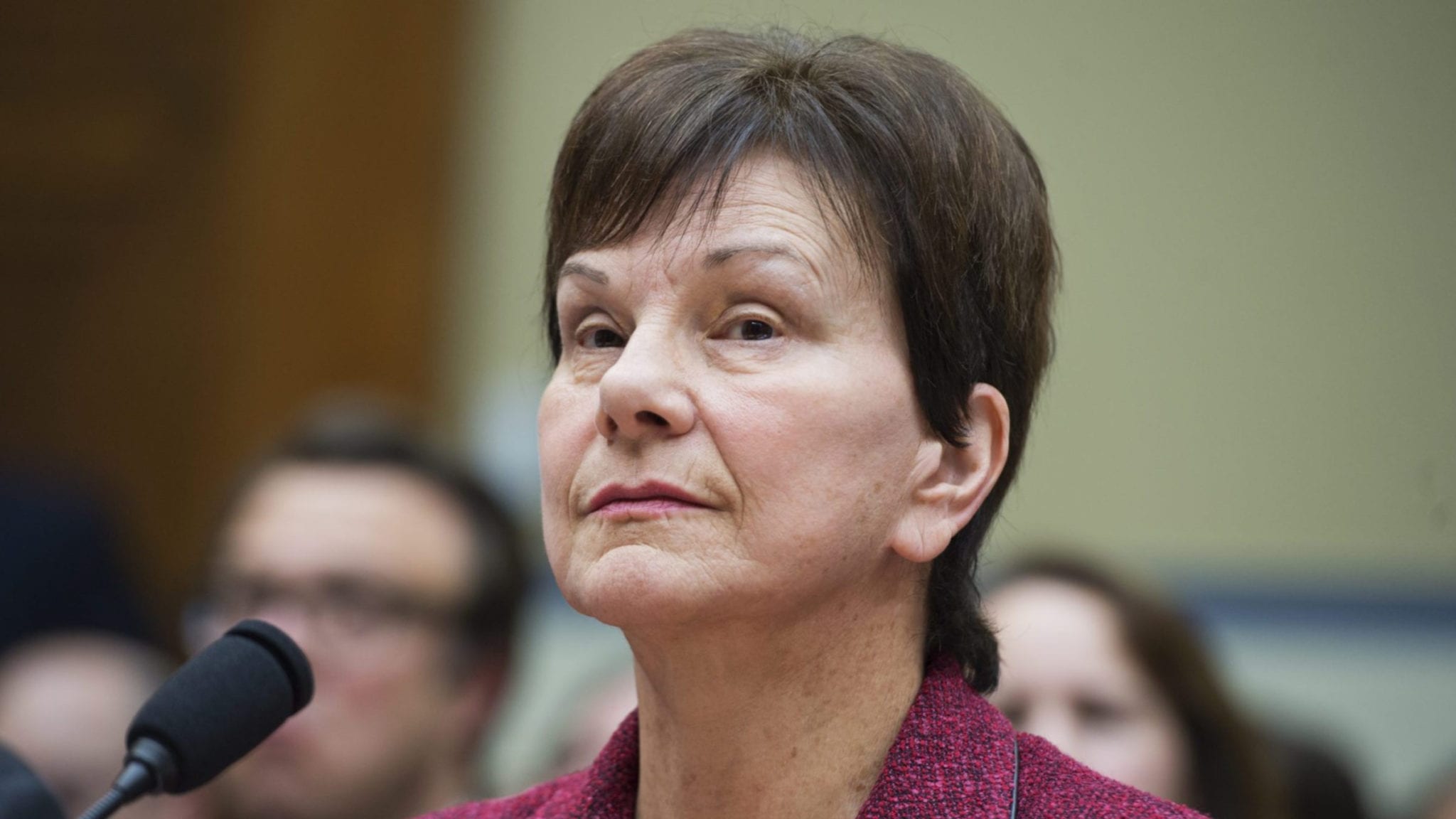
Janet Woodcock slams calls for FDA 'firewall' amid aducanumab debacle, citing need for collaborative drug development
The FDA has long taken a collaborative approach to working with drugmakers on approval applications, all in the interest, it says, of bringing the best molecules to market. But when the drug is a lemon, the cozy relationship between regulators and industry courts easy blame.
Could a “firewall” between regulators and drugmakers prevent lousy drugs from getting the agency’s backing? Acting commissioner Janet Woodcock says no way.
Unlock this article instantly by becoming a free subscriber.
You’ll get access to free articles each month, plus you can customize what newsletters get delivered to your inbox each week, including breaking news.